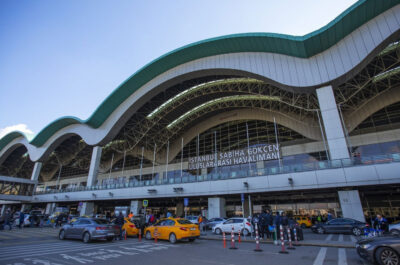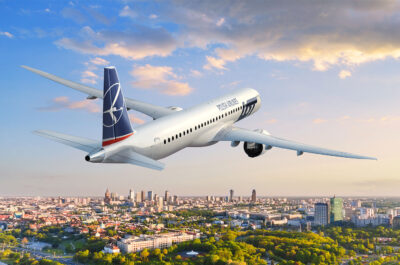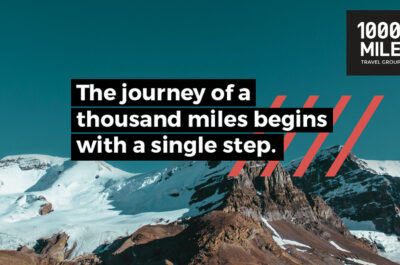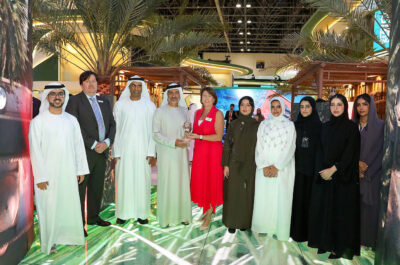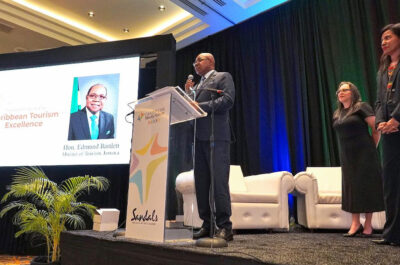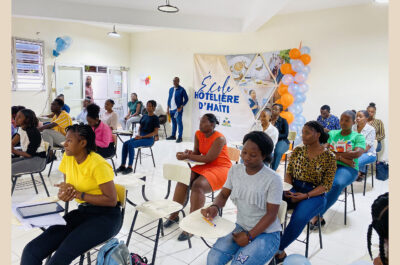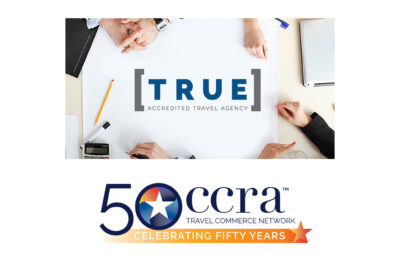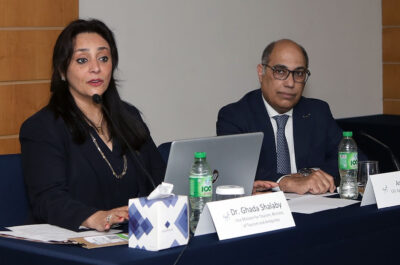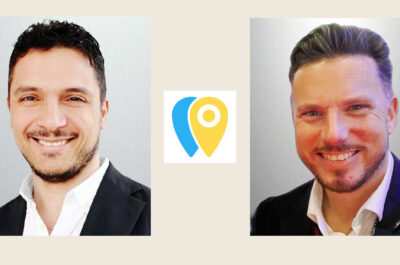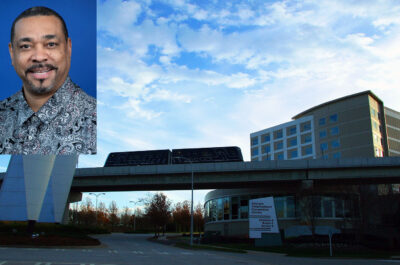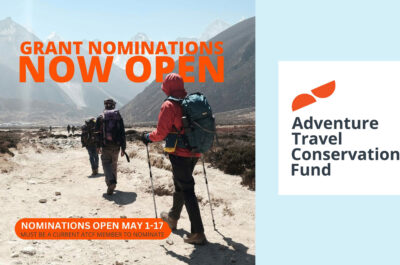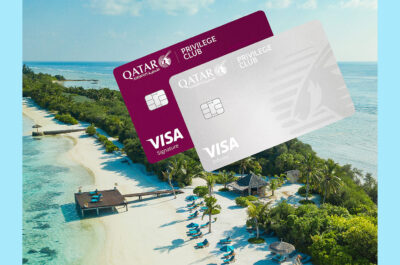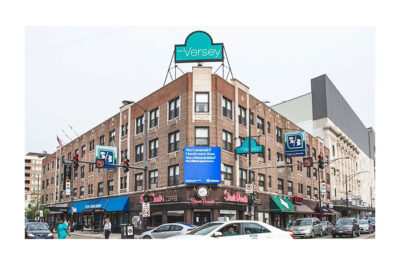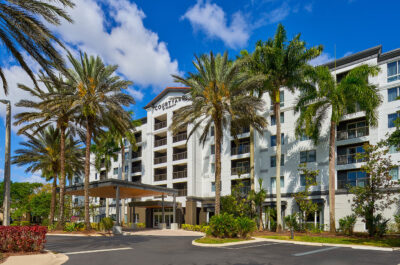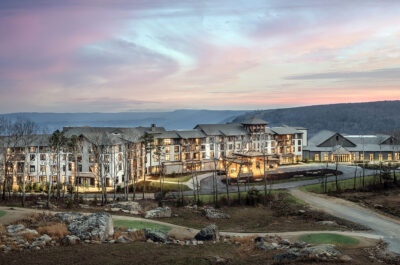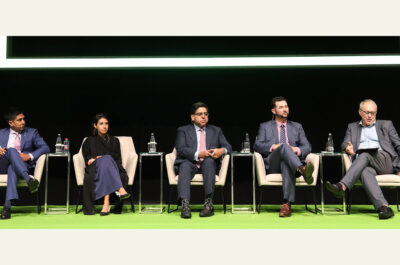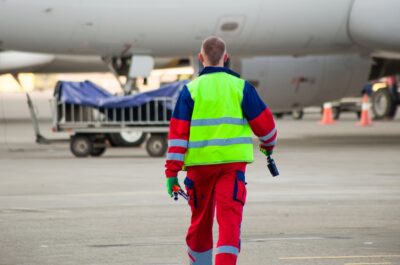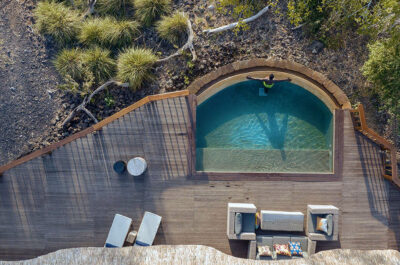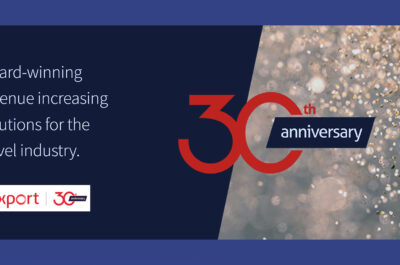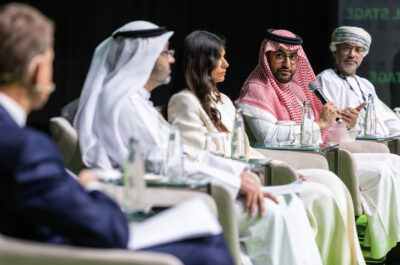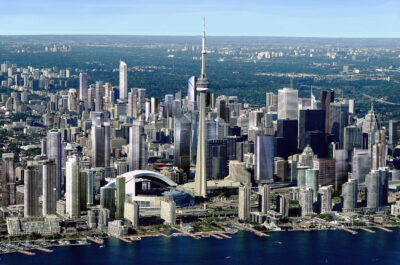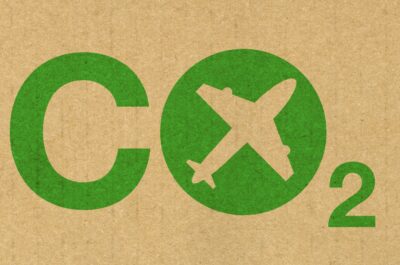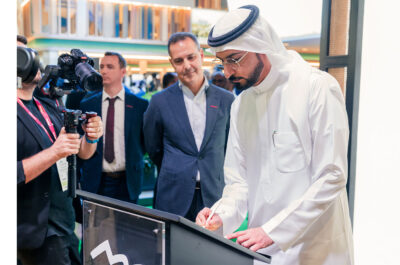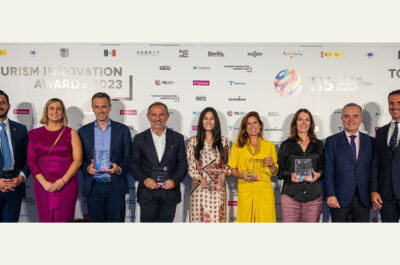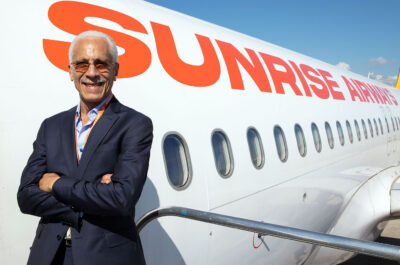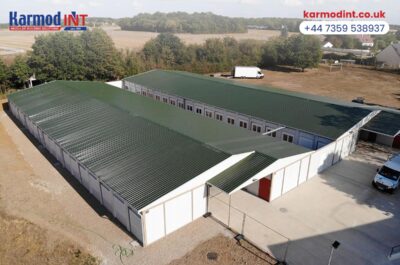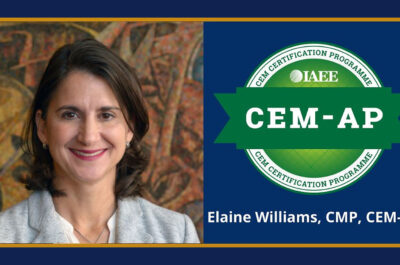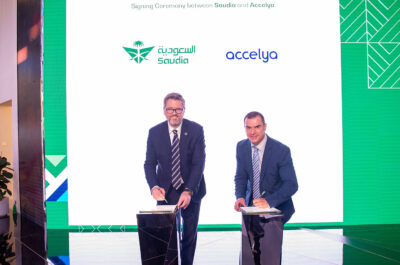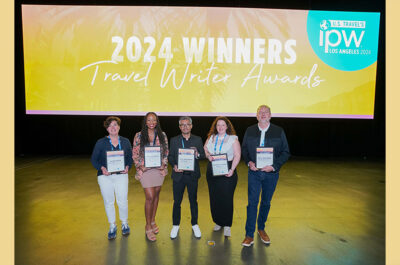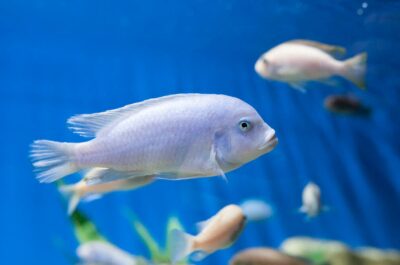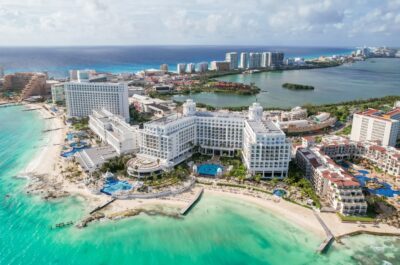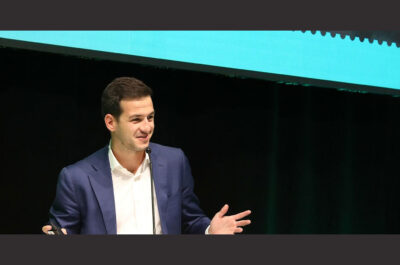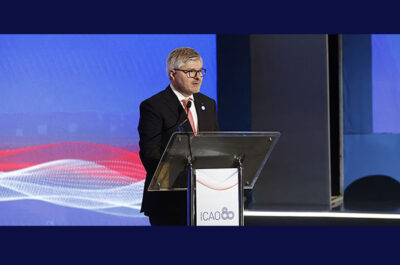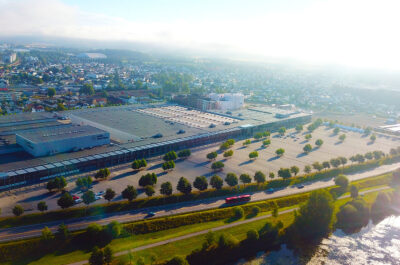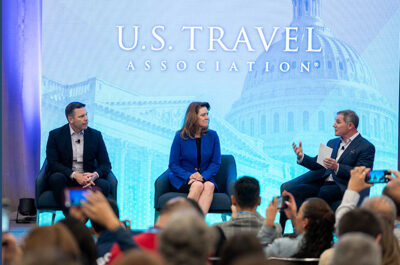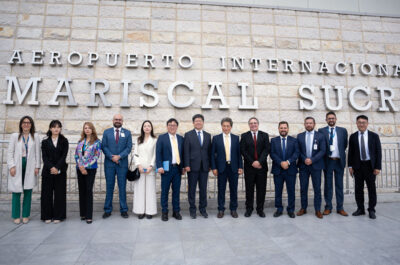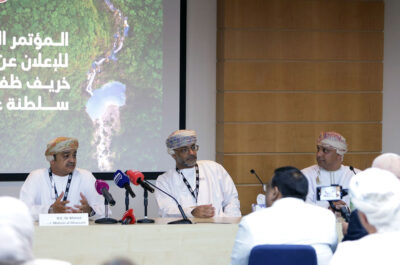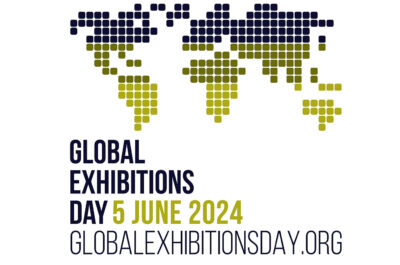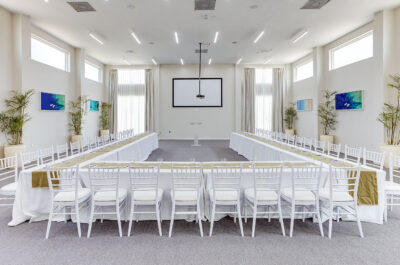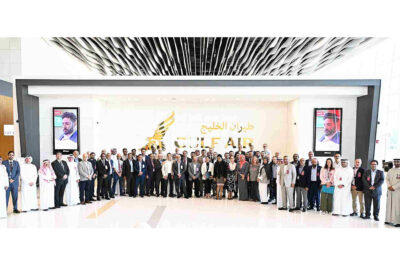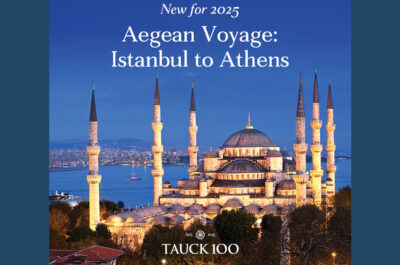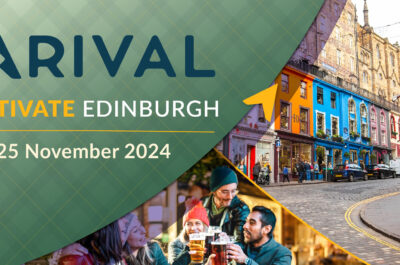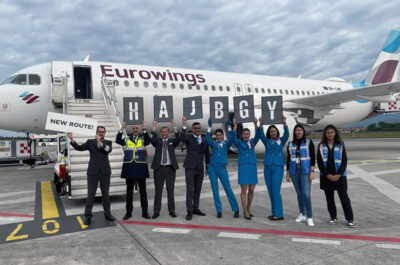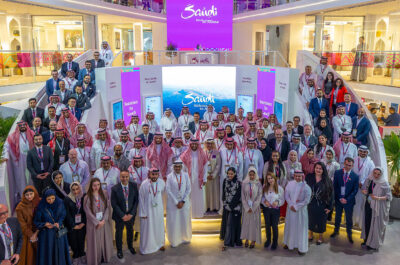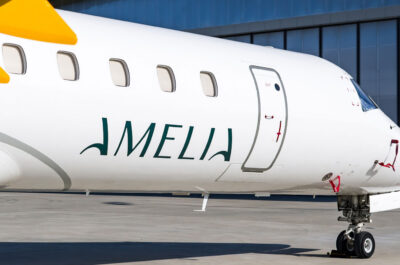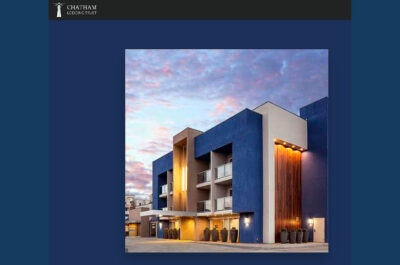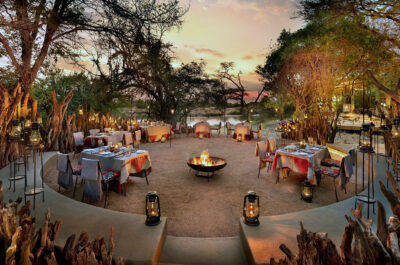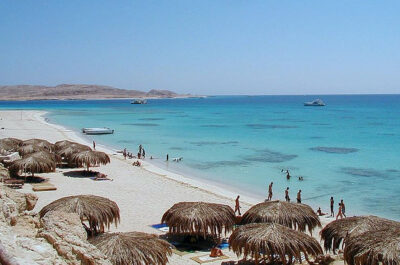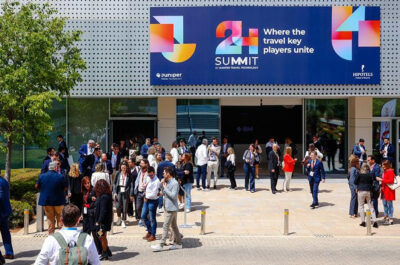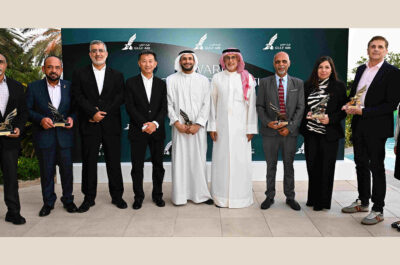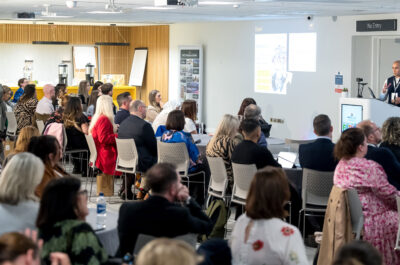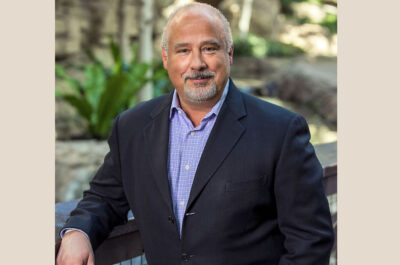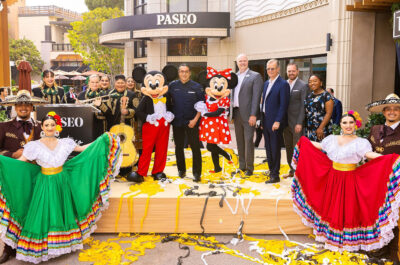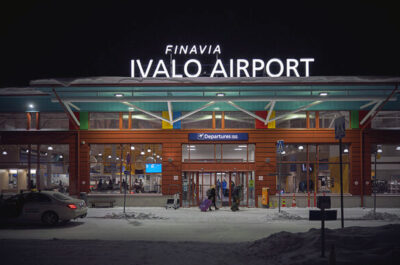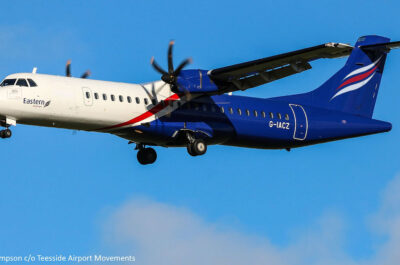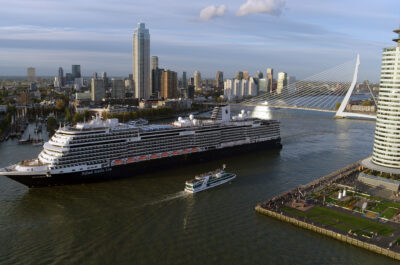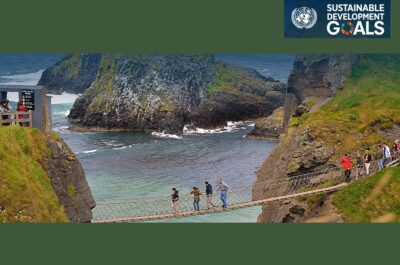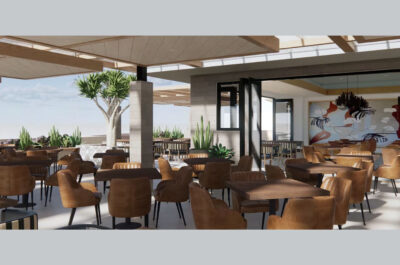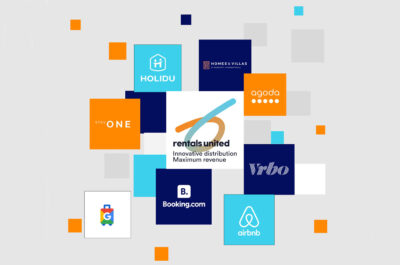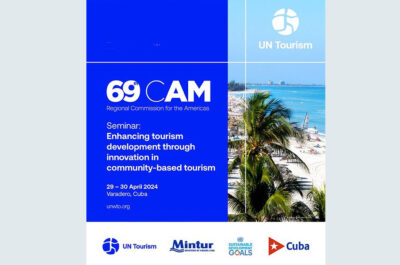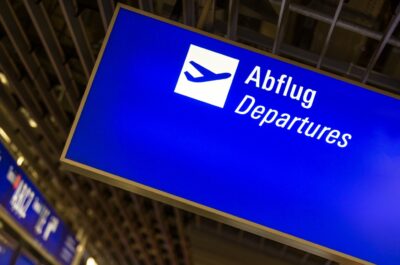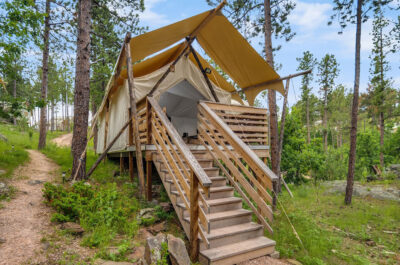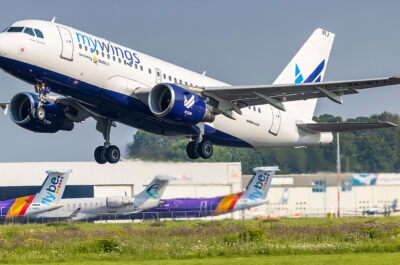Educational tourism programs play a vital role in bridging the gap between classroom learning and real-world experiences.
Educational tourism, also known as edu-tourism or academic tourism, refers to the travel undertaken by students, scholars, and academics to gain knowledge, skills, cultural understanding, and experiences related to their academic pursuits. It involves visits to educational institutions, historical sites, museums, libraries, conferences, workshops, and other learning environments. Educational tourism programs play a vital role in bridging the gap between classroom learning and real-world experiences by providing students with practical, hands-on, and immersive learning opportunities. Here’s how they achieve this bridge.
Application of classroom knowledge
Educational tourism allows students to apply theoretical knowledge gained in the classroom to real-world situations. It helps them see the relevance and practical applications of what they have learned. Participants engage in experiential learning activities such as site visits, fieldwork, and workshops. These experiences allow students to actively explore, experiment, and problem-solve, enhancing their understanding of academic concepts.
Cultural and industrial immersion
Educational tourism exposes students to different cultures, languages, traditions, and lifestyles. Immersion in diverse cultural environments broadens their perspectives and fosters tolerance, understanding, and intercultural communication skills. Any college student needing assignment help online knows how important communication skills are in academics and life. Educational tourism programs facilitate visits to industries, companies, and organizations related to students’ fields of interest.
Research opportunities
Students often engage in research projects, archaeological digs, ecological studies, or social surveys during educational trips. Conducting research in real-world settings hones their research skills and teaches them the complexities of conducting studies outside the controlled classroom environment. Educational tourism programs encourage students to engage with local communities through service-learning projects, volunteer activities, or cultural exchanges. Engaging with communities promotes social responsibility, empathy, and a sense of civic duty.
Critical thinking and problem-solving
Real-world challenges encountered during educational tourism experiences require critical thinking and problem-solving skills. Students learn to analyze situations, make decisions, and adapt to different environments, enhancing their analytical and problem-solving abilities. Educational tourism often acts as a culminating experience, integrating multiple disciplines and concepts learned throughout the academic year. It allows students to see the bigger picture, connecting various subjects in a real-world context.
Networking and collaboration
Interacting with peers, experts, and professionals from various backgrounds fosters networking and collaboration. Collaborative projects and discussions during educational trips encourage teamwork, communication, and negotiation skills. Meeting people from different cultures and backgrounds expands students’ social circles. Building relationships with peers from various countries fosters international networks, providing unique perspectives and potential future collaborations.
Hands-on exploration
Students participate in hands-on activities and fieldwork. This hands-on exploration enhances their understanding of concepts. For example, biology students might study ecosystems in a natural habitat, connecting theory with real ecosystems. Fieldwork often presents unexpected challenges. Global learners learn to adapt, problem-solve, and think critically to overcome obstacles, developing essential skills applicable to various life situations. Hands-on exploration hones students’ observational skills. They learn to notice intricate details, patterns, and interactions within ecosystems, fostering a deeper understanding of the environment.
Appreciation for biodiversity
Immersed in nature, students witness the biodiversity of ecosystems. This firsthand experience fosters a greater appreciation for the variety of life forms and ecological interdependencies, emphasizing the importance of conservation. Direct exposure to ecosystems raises environmental awareness. Students witness the impact of human activities and environmental changes, cultivating a sense of responsibility and motivating them to contribute to environmental conservation efforts.
Inspiring curiosity
Direct interaction with natural ecosystems sparks curiosity. Students may develop a passion for environmental science, ecology, or related fields, inspiring future academic and career pursuits. Fieldwork experiences often become memorable milestones in students’ academic journeys. These memories reinforce learning and create a lasting connection between students and the subject.
Data collection and analysis
Students learn to collect data in real-time and analyze it on-site. These skills are invaluable for revolutionizing learning and equipping students with practical research methodologies. Hands-on exploration hones students’ observational skills. They learn to notice intricate details, patterns, and interactions within ecosystems, fostering a deeper understanding of the environment. Students collaborate, share insights, and contribute to collective knowledge. Collaborative learning experiences enhance communication and interpersonal skills.
To summarize
In summary, educational tourism is a valuable educational strategy that goes beyond traditional classroom learning. It enriches participants’ knowledge, broadens their cultural understanding, and prepares them to be informed, open-minded global citizens. Educational tourism programs transform theoretical knowledge into practical wisdom. By immersing students in real-world settings, these programs enhance their academic learning, nurture important life skills, and prepare them for future careers by bridging the gap between classroom education and the complexities of the real world.
